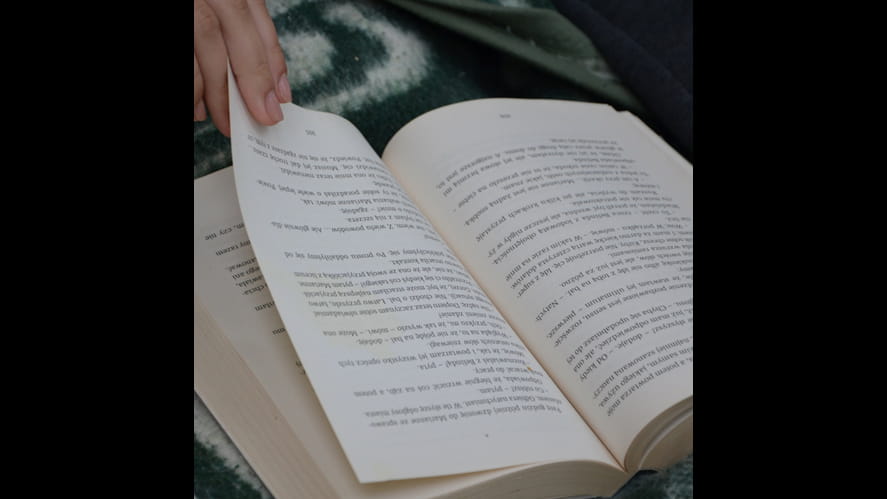We use cookies to improve your online experiences. To learn more and choose your cookies options, please refer to our cookie policy.
Next ON CAMPUS Open Houses: Middle & High School 30th April | Pre-school & Primary 1st May

“I read for pleasure and that is the moment I learn the most.” ― Margaret Atwood
In Middle School English, your child reads about 3 books a year in class in addition to poetry, articles, diaries, plays and excerpts. We know that for students to improve in reading, writing and thinking, they must read, read, read. Fiction helps build empathy and understanding of the human condition and the world around them. Non-fiction, as well as literary non-fiction, builds content knowledge and a critical eye.
The guided work we do in class every day exposes students to books they would not otherwise read and challenges students to move outside of their comfort zone in terms of reading level and theme. We select from a variety of genres and time periods and balance our selections in terms of culture, nationality and gender. In-class reading is not enough!
This is why we have an independent reading component in our curriculum. Each marking period (except for MP1 for grade 6), your child is required to read a book on their own at home. Student choice is a crucial element in this equation. A National Literacy Trust report cites research: “students who choose what they read and have an informal environment in which to read tend to be more motivated, read more and show greater language and literacy development. (Krashen, 1993)”
It is essential that the book your child chooses be at the right level or they will put it down or pretend they have read it. Choosing 1984 or Great Expectations for your 6th grade daughter because you want her to get a head start on High school reading, will be met with eye rolling. If she didn’t choose it and if it isn’t at her level, it will do no good!
That doesn’t mean you shouldn’t be involved. You can help! In fact, research shows that your involvement in your child’s reading experience “is a more powerful force than other family background variables, such as social class, family size and level of parental education. (Flouri and Buchanan, 2004)”
Where can you get books?
How can you help your child select the right books?
Aimée Skidmore
Deputy Head of English- Middle School